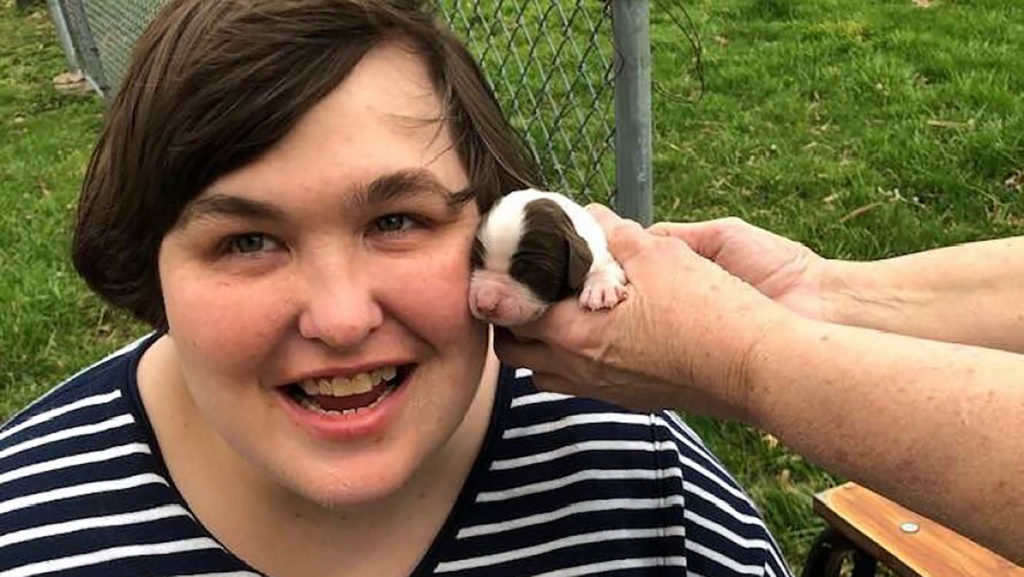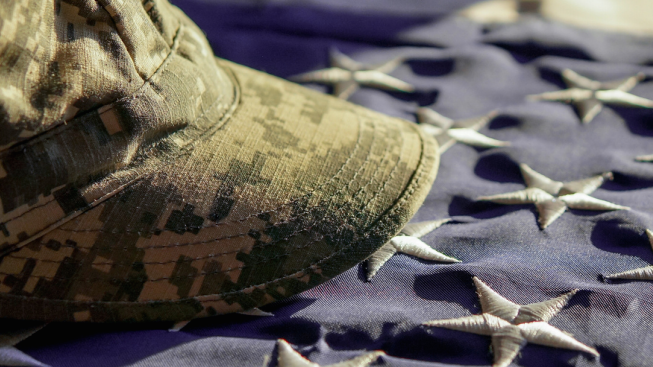“We were it,” he says. “There was no one else.” The war was just ending when Brad McLoren’s medical team received clearance into the country.
Political tension ran high; devastated refugees had scattered; and the government forbade traditional missionary work. The only missionary family working with this particular people group was expelled shortly after his arrival, leaving his team alone to minister to more than 4 million Muslims scarred by war and disease.
And then God began to work a miracle.
Many had never visited a hospital or heard about a Savior, but as the team treated them, they listened. They listened when McLoren (whose real name is not used in this article to protect his outreach) came to their homes and taught mothers and children how to wash their hands and take worm medicine. They listened when he sat on their dirt floors and taught about salvation through Jesus Christ.
“We started doing medical clinics and started seeing people get saved,” McLoren recounts. “We baptized them in bathtubs, in lakes.” When the government launched a “tenacious” investigation against the clinic, the people themselves defended McLoren’s work.
“These are doctors and nurses who are taking medical help to the poor!” they said. “They are doing a great work for us.” And the government listened.
McLoren’s team is part of the newest wave of medical missionaries who are leaving the hospital environment and taking their tools on the road. The destinations vary — college classrooms, urban offices, mud huts — but the need and the reasons are the same. Everyone needs good medical care, preventive medicine and health education. And everyone needs to know the “One by Whose stripes we are healed” (Isaiah 53:5).
Green light given
Under the International Mission Board’s “New Directions” program, which focuses on people groups rather than countries, more and more medical missionaries and volunteers are getting the green light to head for areas typically unreached by hospitals — or by traditional missionary methods.
Since J. Sexton James, the first Southern Baptist missionary doctor, sailed for China in 1846, generations of medical missionaries supported by Southern Baptist Convention churches have followed in his footsteps — from pharmacists to physical therapists to oral surgeons. Southern Baptists currently have personnel serving in about 20 Baptist hospitals around the world.
Global health care in recent years has been changing from curative medicine to preventive medicine. Since there’s obviously no way to “cure” everyone in the world, medical experts are looking to preventive measures like vaccines to stave off potential illness.
And the best way for preventive care to reach the people is not through the hospitals but by going to the people. The approach, called “community health,” takes preventive medicine and education about clean water, proper hygiene and nutrition directly to the people.
‘Heart’ level
“Medical work allows interaction … that speaks to people on their ‘heart’ level and allows us to integrate spiritual concerns with physical and emotional concerns — something that most other ministry tools are not able to do as easily,” says Van Williams, director of the board’s medical department. McLoren, who wasn’t even interested in medicine until God called him to medical missions in 1985, says God told him to go to medical school and become a doctor “so you can get into countries where missionaries can’t go.”
“I’ve never thought of medicine as an end to itself but as a tool for evangelism and church planting. And I still maintain that model,” he says. “Some doctors seem to view medicine as a god. But healthy people still die and go to hell. It’s the power of God that saves people, not the healing touch.”
Mobile clinics, the platform that allowed McLoren to build relationships with people, are an increasingly popular ministry opportunity for volunteers or longer-term personnel. In fact, John and Linda Gibson, career medical missionaries, left the urban hospital in Thailand where they had served for 13 years and moved to a remote region to minister through mobile clinics.
Eager for good news
“Here, the animistic hill tribe people are eager to hear the good news and come out from under the bondage of Satan they have struggled with for generations,” Linda Gibson says. “There is more response here. I could name so many changed lives. There are 120 believers in one village now. They are so happy not to have to sacrifice pigs and chickens to the spirits every time one of them is ill.”
Gibson says they had just as many opportunities to share their faith back at the hospital, but the seed fell on rocky soil.
She has seen three new churches started and a former demon priest become a church leader and evangelist in their three years of service through the mobile clinic — a big change from the response to their hospital ministry.
“Mixing medical practice with the gospel is such an incredible adventure of faith — going into new territory and healing the sick and presenting the gospel,” Gibson says. “It all goes together.”
Education is another prime opportunity for medical personnel. In countries closed to Christian missionaries, even those toting stethoscopes, the national government will almost always accept — even request — guest lecturers on health-care topics for their universities and medical schools.
“[People] live without hope, and here we come with a message of hope. We’re trying to send a message to doctors everywhere: You have the great potential for using medical missions as a tool to open up countries, open up villages and open up hearts to the gospel.”
(BP)





Share with others: